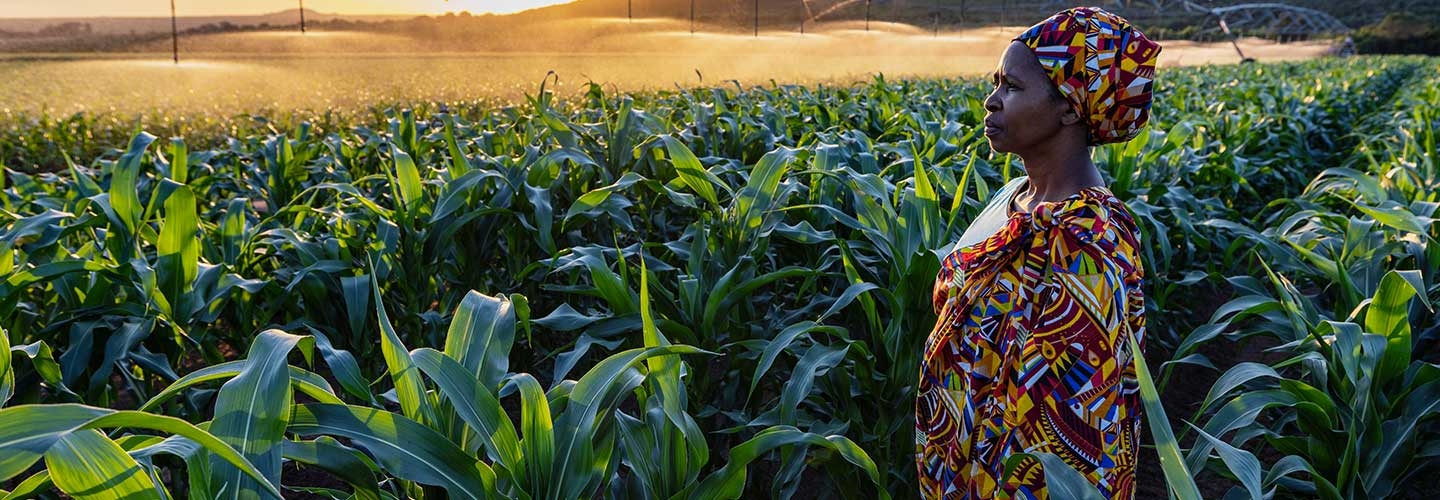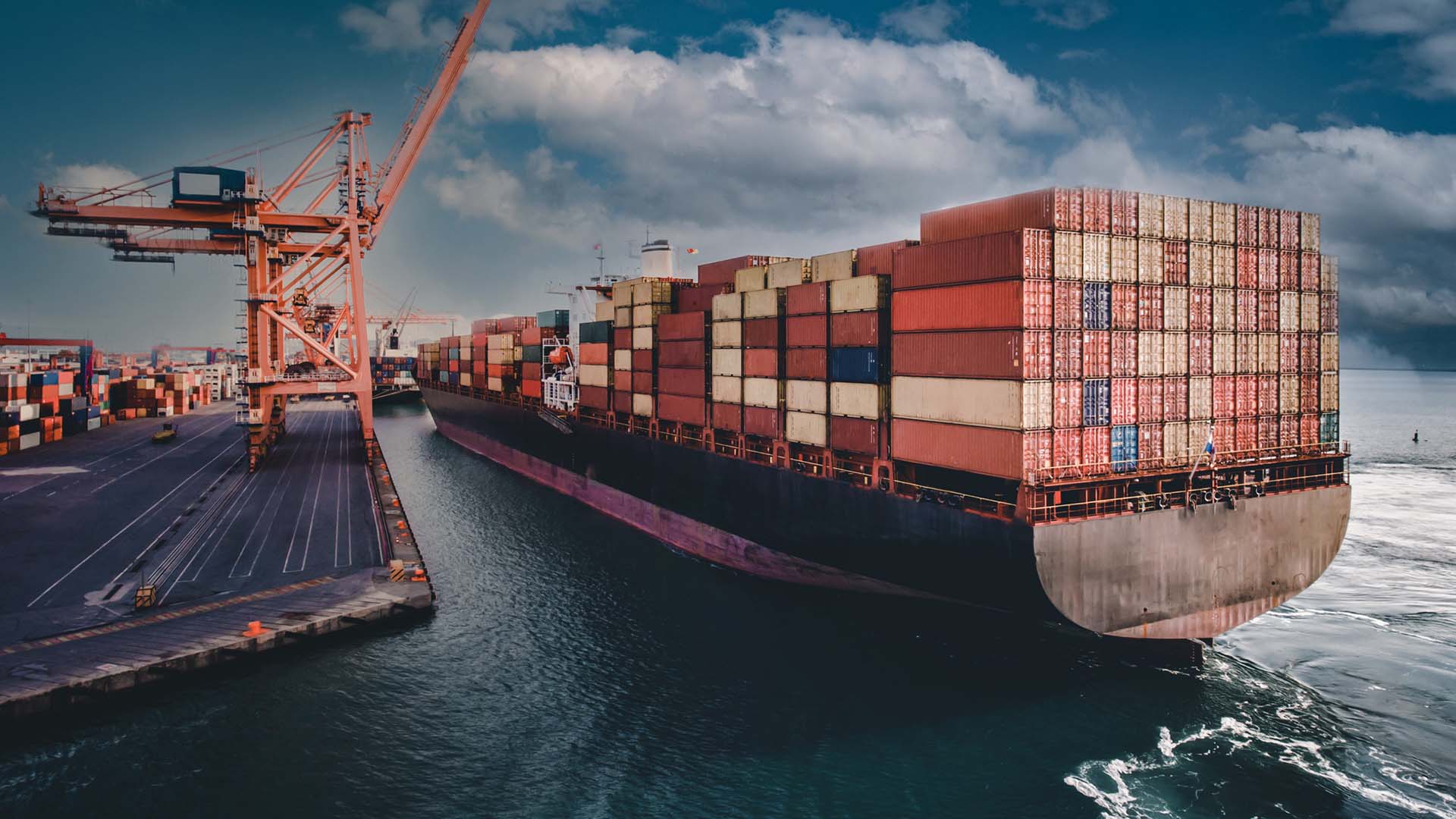It’s clear that the world is facing an unprecedented climate crisis, with last year the hottest on record. Climate change is manifesting in several worrying ways:
- Global average temperatures continue to rise and have increased by more than 1°C over the past century.
- Sea level rise has accelerated from 1.7 mm per year throughout most of the 20th century to 3.2 mm per year since 1993 – and sea temperatures continue to increase.
- The area covered by sea ice in the Arctic has shrunk by more than 40% since 1979.
- The amount of carbon dioxide in the atmosphere has risen by 25% since 1958, and by more than 40% since the start of the Industrial Revolution.
Impact of climate change on agriculture
Agriculture is perhaps the human activity most immediately affected by climate change – and at the same time, it has a major impact on how these changes progress. The following areas are seeing the most noticeable impacts:
- Water
Climate-induced changes to water resources are having a huge impact on the world and agriculture. Flooding is an increasing issue worldwide and has become much more frequent in South Africa. Ironically, drought is also becoming more common, partly because industrial agriculture uses far more water. And higher air temperatures cause plants to lose more water, meaning farmers must irrigate more. Both flooding and drought highlight the need for more water in places where supplies are dwindling.
- Food
Uncertain weather patterns and extreme events can reduce crops, harvests, growing seasons and livestock numbers. This disrupts supply in large-scale industrial farming and can lead to food insecurity for many communities.
Crop diversity is more natural, requires less external irrigation and pesticides, and increases crop resilience
- Health
Climate change is already damaging human health, through extreme events like hurricanes and wildfires. More flooding can lead to the spread of waterborne diseases, with further impacts on the health of humans and livestock. The most vulnerable groups in society, including children and the elderly, are most at risk from these changes.
- Environmental damage
Increasing temperatures and the habitat changes brought about by large-scale industrial farming are causing massive harm to ecosystems around the world. Antarctica is one of the most vulnerable of these, with melting land-based ice sheets contributing dramatically to the rise in sea levels. Loss of habitat linked to human habitation and mass farming is also bringing about major ecosystem changes for plants and animals, including rapidly rising rates of species extinction.
Challenges faced by small-scale farmers
Agriculture in Africa, especially sub-Saharan Africa, is dominated by small-scale farmers, where 33 million farms are less than 2 hectares in size. These small-scale farmers will play a much more important role as climate change imperils food security. The Intergovernmental Panel on Climate Change (IPCC) has already assessed that climate change is having a major impact on water availability and agricultural production in many African countries. Many subsistence farmers don’t have the resources or education to scale their operations, make technology changes to increase their production sustainably, or access wider markets to earn more of a living from their farms.
How can small-scale farmers successfully adapt?
- Diversify crops
This is one of the simplest, most cost-effective methods to ensure sustainability and resilience against those climate changes that tend to damage monocrops. Crop diversity is more natural, requires less external irrigation and pesticides, and increases crop resilience.
- Technology and advisory services
These are widely available, including from Nedbank, and are vital in extending crop and livestock knowledge. They include education on sustainable farming practices that might run counter to generations of tradition.
- Crop strain variety
Cultivating different strains or genetic types of the same crop promotes the health, productivity, resilience and nutritional value of the plants.
Nedbank’s agribusiness services offer a wide range of advisory and investment services for small-scale farming. These include tips for a more sustainable agribusiness, as well as finance and investment assistance for your small-scale agribusiness.








